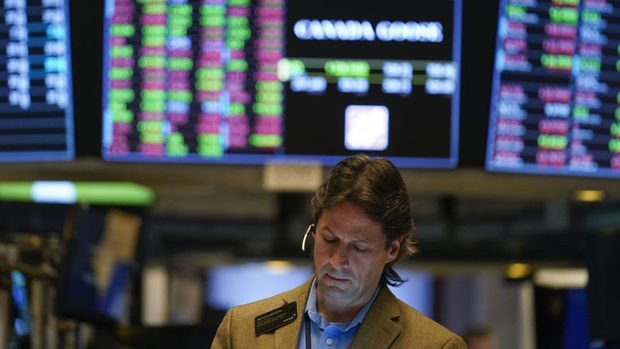Liquidity agenda in the market
The signal that liquidity is decreasing came as the money parked by banks in the Fed’s reverse repo channel fell to its lowest level since 2021. According to Lisa Shalett of Morgan Stanley, the excess liquidity in the markets could dry up this year, ending the stock rally. The signal that the abundance of liquidity in the markets is decreasing came from the Fed’s reverse repo channel. The amount parked in the Fed’s overnight reverse repo channel, where banks and money market funds use their extra liquidity to earn interest income, fell below $500 billion for the first time since 2021. On Thursday, 82 participants transferred $493 billion to the reverse repo channel. The amount invested in this channel peaked at $2.55 trillion on December 30, 2022. Some Wall Street commentators attributed the decrease in this amount to the withdrawal of excess liquidity from the financial system. The Fed’s quantitative tightening along with its balance sheet shrinkage leads to a decrease in liquidity. In January, Dallas Fed President Lorie Logan drew attention to this risk and recommended that the pace of balance sheet shrinkage be slowed. Fed Chair Jerome Powell stated that they “plan to begin in-depth discussions” about slowing down and eventually ending the pace of balance sheet shrinkage in the coming months. The Fed has shrunk its balance sheet by approximately $1.29 trillion since quantitative tightening began in June 2022. “Tightening liquidity will end the rally” According to Lisa Shalett, CIO of Morgan Stanley Wealth Management, the rise in American stocks can continue as long as there is excess liquidity. However, Shalett expects liquidity to dry up this year. According to Shalett, who spoke to Bloomberg TV, liquidity will start to tighten later in 2024 as the U.S. Treasury is forced to issue more bonds. Shalett also noted that quantitative tightening has negatively impacted commercial real estate and regional banks. Shalett took over as chairman of the proxy committee after Morgan Stanley’s star strategist Mike Wilson left the bank’s Global Investment Committee.


